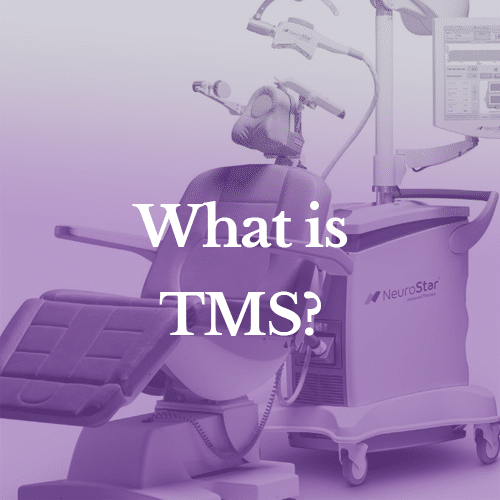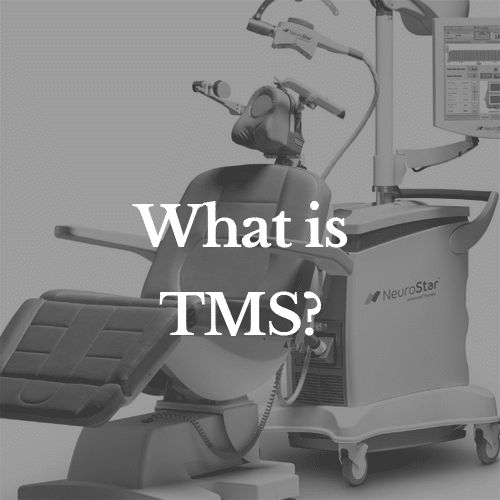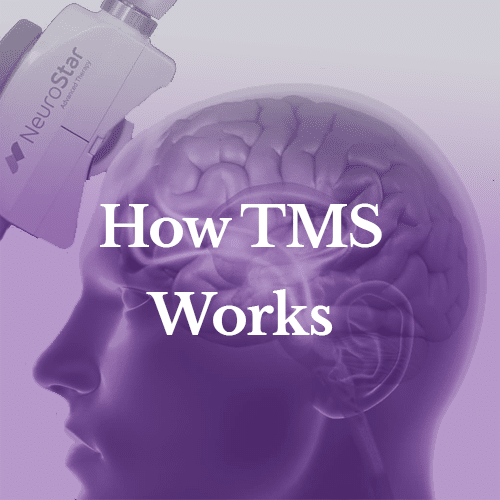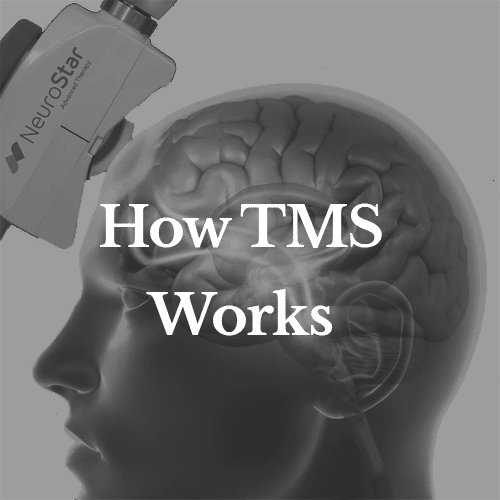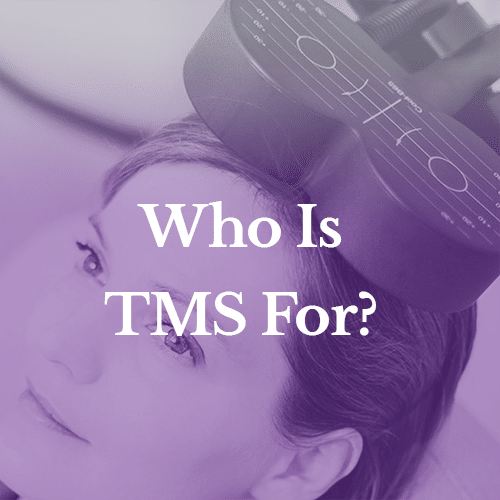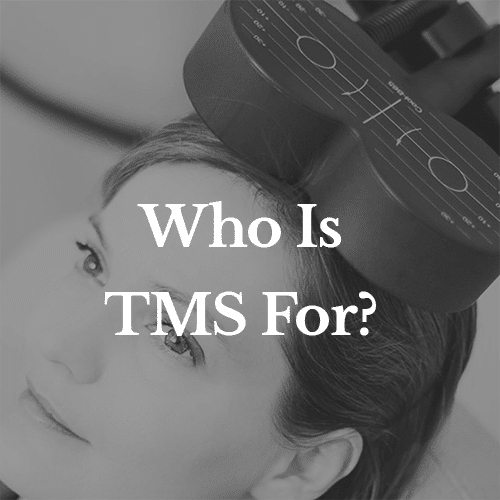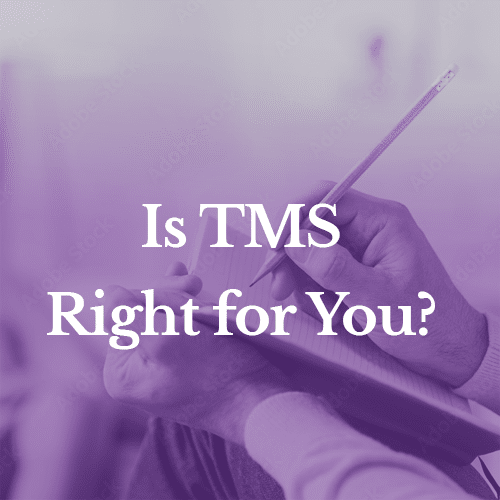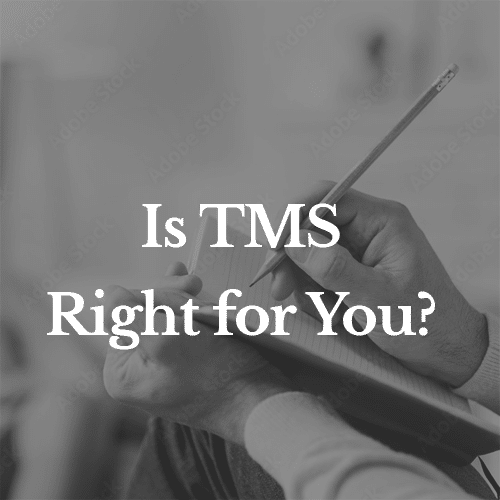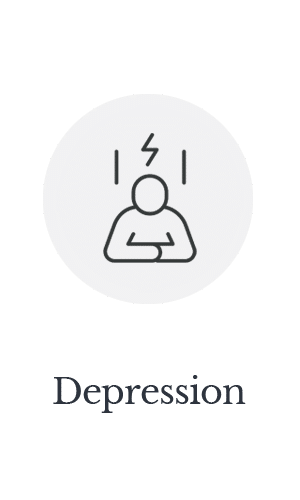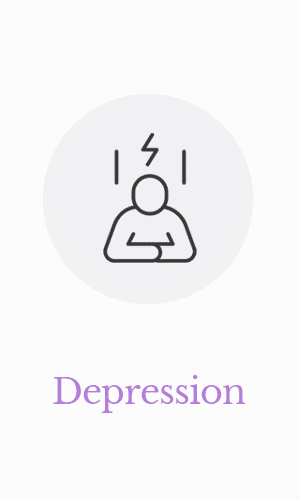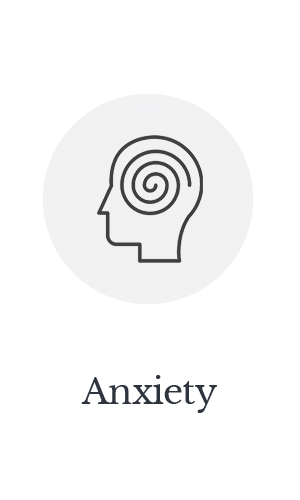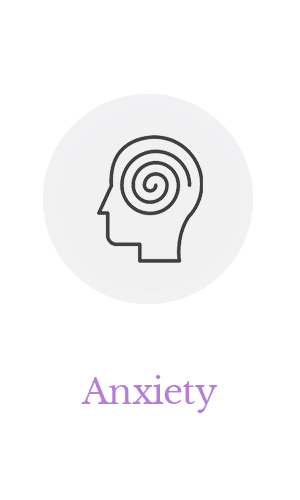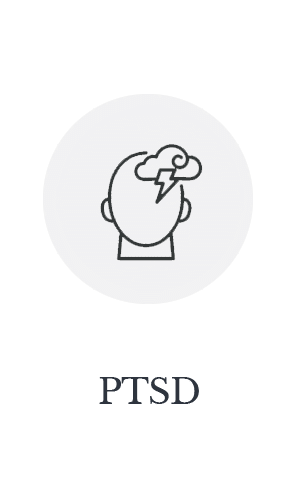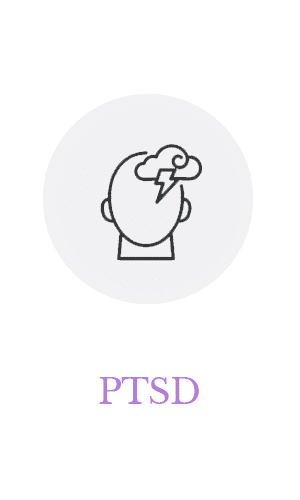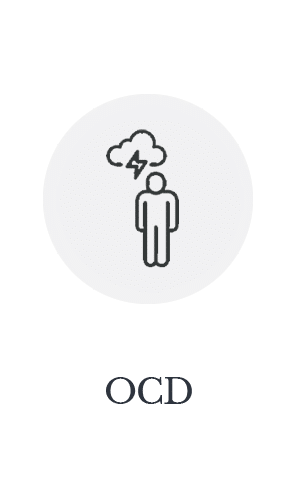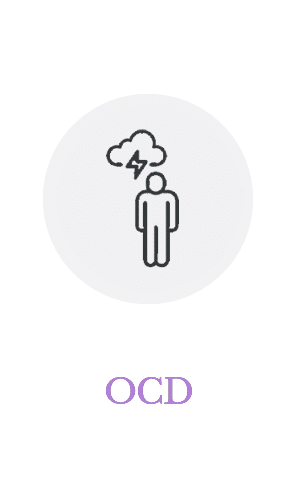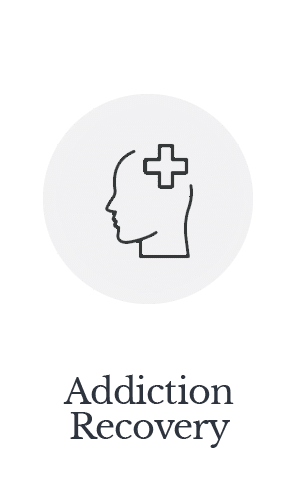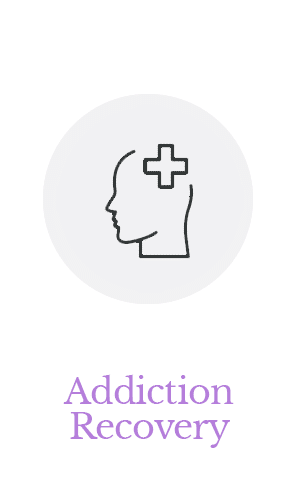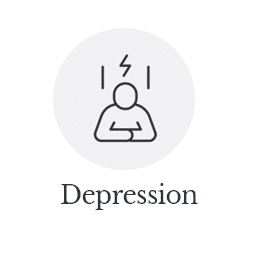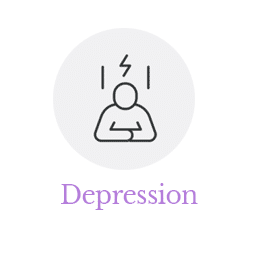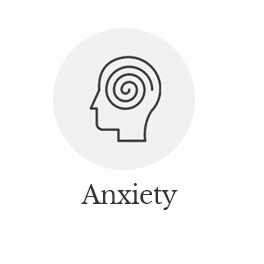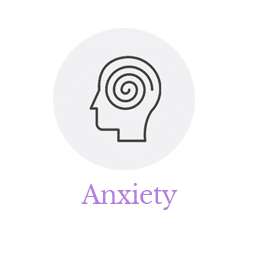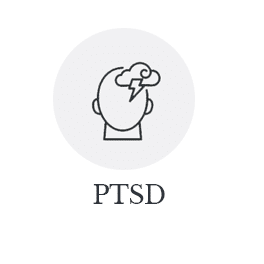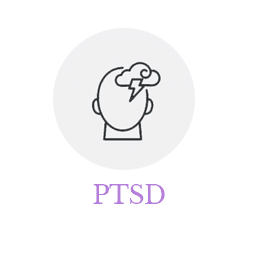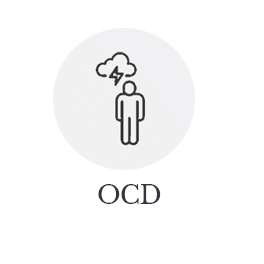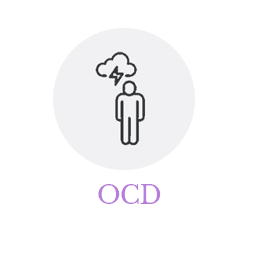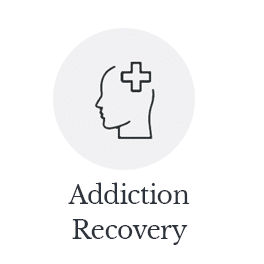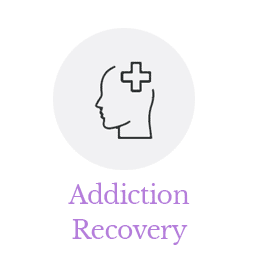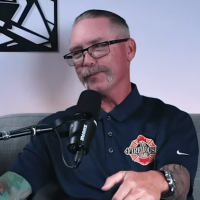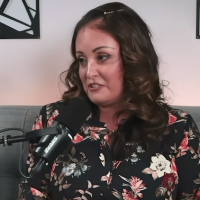Become Yourself Again with TMS
Become Yourself Again with TMS
Inland Empire TMS provides mental health services that bring real relief from depression, anxiety, PTSD, and other mental health issues.
Start your journey
Schedule a
Free Consultation
Take advantage of this opportunity to better understand your mental health and start your journey toward wellness.
Take the First Step!
Book your Free consultation at our office using the form below…
Start your journey
Schedule a
Free Consultation
At Inland Empire TMS, we offer free EEG brain scans and mental health assessments for new patients—no strings attached. We believe in the power of seeing clear, visual results that validate how you’ve been feeling and may even uncover concerns you didn’t realize were there.
Take advantage of this opportunity to better understand your mental health and start your journey toward wellness.
Take the First Step!
Book your Free consultation at our office using the form below…
EXPLORE TMS
Transforming Mental Health with Cutting-Edge Care
Say hello to a breakthrough in mental health treatment—Transcranial Magnetic Stimulation (TMS). This state-of-the-art therapy uses advanced interventional psychiatry to target specific areas of the brain, sparking healing where it’s needed most.
From depression and anxiety to PTSD and OCD, TMS is redefining recovery for a wide range of mental health conditions. The future of healing is here.
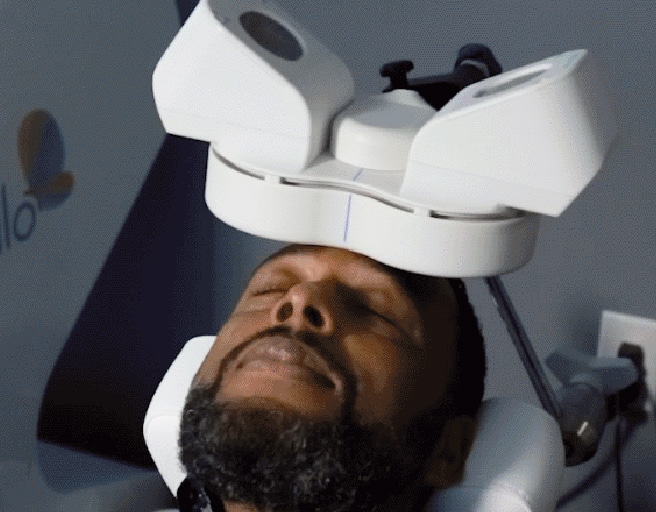
EXPLORE TMS
Transforming Mental Health with Cutting-Edge Care
Say hello to a breakthrough in mental health treatment—Transcranial Magnetic Stimulation (TMS). This state-of-the-art therapy uses advanced interventional psychiatry to target specific areas of the brain, sparking healing where it’s needed most.
From depression and anxiety to PTSD and OCD, TMS is redefining recovery for a wide range of mental health conditions. The future of healing is here.
Success stories
What they are saying
Success stories
What they are saying
Meet the faces sharing their TMS journey’s with us on camera for our series titled “My TMS Story” on YouTube.
Tyler
Discover Tyler’s journey of overcoming anxiety, sleepless nights, and stress as a business owner through TMS and how it transformed his life for the better.
Lisa
Discover how Lisa’s journey through 37 sessions with TMS drastically improved her depression, anxiety, PTSD, ADHD, and bipolar disorder.
Aaron
Discover how former Marine Aaron saw improvement from TMS with his anxiety, depression, and PTSD after only 10 sessions!
Emalee
Discover how TMS helped improve local esthetician Emalee’s anxiety, depression, and overall mental health!
Kyle
Discover how TMS treatment has completely transformed Kyle’s life after a 20 year battle with drugs & alcohol.

Get to know us
Your Mental Health Healing Home
If you are struggling with depression, treatment-resistant depression, major depressive disorder, anxiety, PTSD, complex PTSD, or similar mental health concerns – we are here to help.
Our treatments deliver life-changing results. Even if you have tried other treatments without success, PrTMS can help restore you to the person you want to be again.
Let’s take the next steps together.
Convenience
We work with patients in Murrieta, Temecula and Corona.
Coverage

Get to know us
Your Mental Health Healing Home
If you are struggling with depression, treatment-resistant depression, major depressive disorder, anxiety, PTSD, complex PTSD, or similar mental health concerns – we are here to help. Our treatments deliver life-changing results. Even if you have tried other treatments without success, TMS can help restore you to the person you want to be again.
Let’s take the next steps together.
Convenience
We work with patients in Murrieta, Temecula and Corona.
Coverage
TMS is covered by most major insurance carriers.
EXPLORE TMS
Conditions We Treat
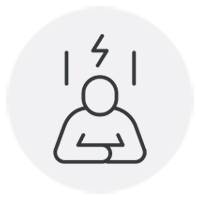
Depression
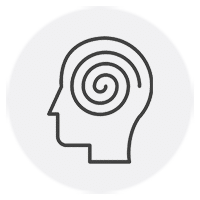
Anxiety
TMS offers a promising alternative to medication for those seeking lasting relief from anxiety.
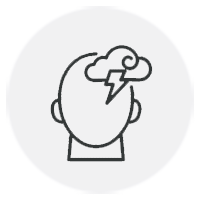
PTSD
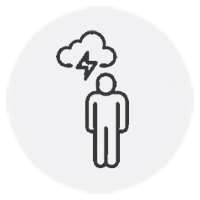
OCD
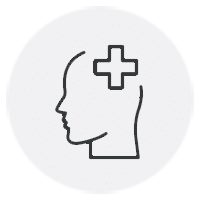
Addiction
EXPLORE TMS
Conditions We Treat

Depression

Anxiety
TMS offers a promising alternative to medication for those seeking lasting relief from anxiety.

PTSD

OCD

Addiction
Why TMS Therapy?
No More Pills
Long-lasting Relief
Highly Effective

Why TMS Therapy?
No More Pills
Long-lasting Relief
Highly Effective
Mental Health RESOURCES
Latest Articles
contact us
Send a Message
Our friendly team is here to help! We’ll assist with scheduling, verifying insurance, and securing coverage for TMS treatment.
Contact us today and experience the Inland Empire TMS difference.

